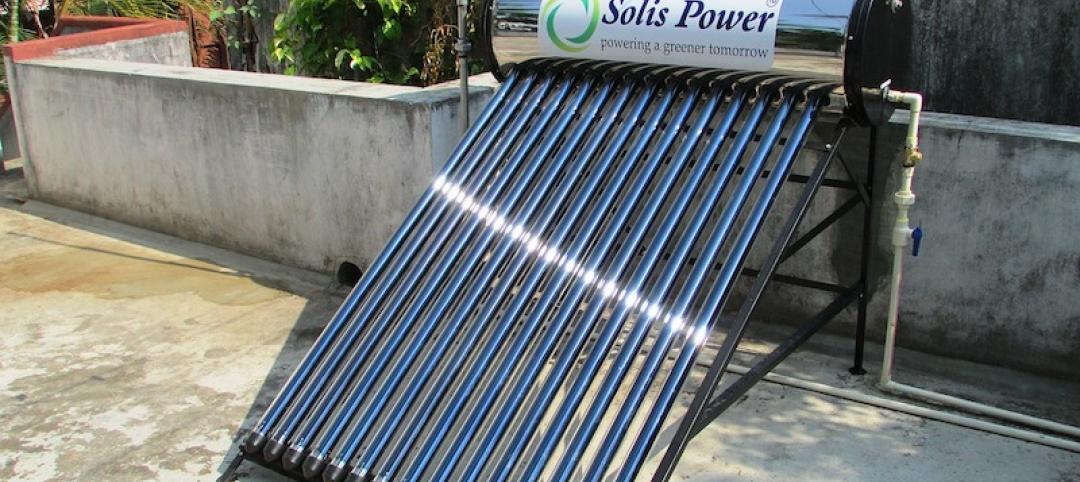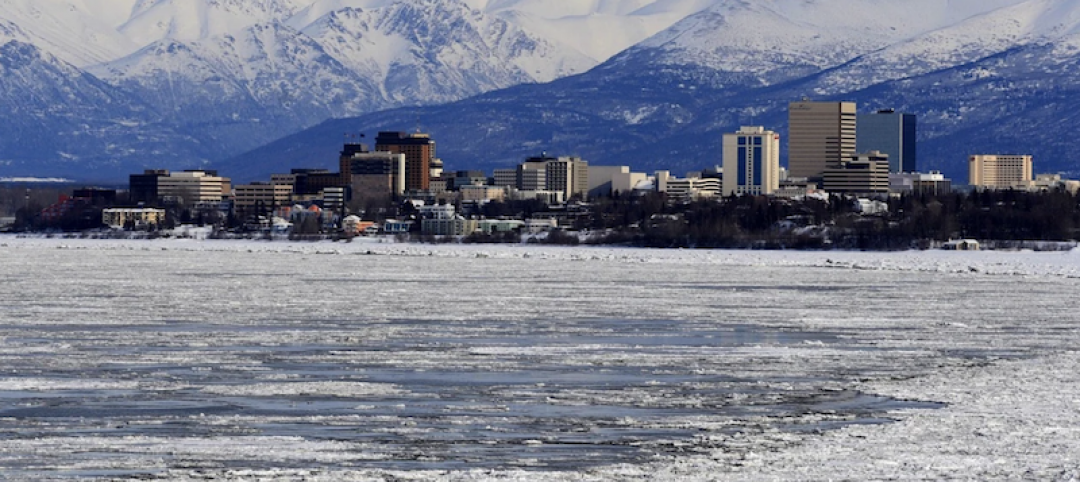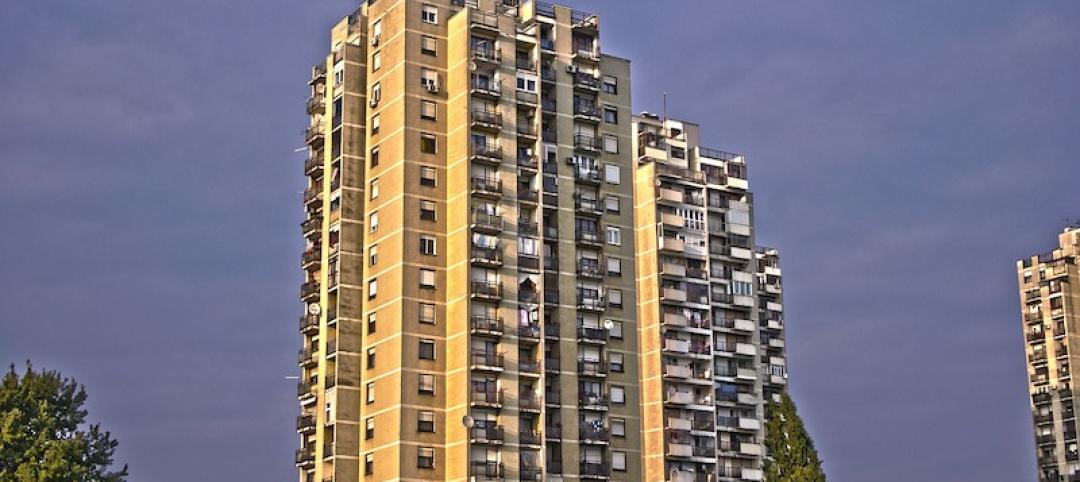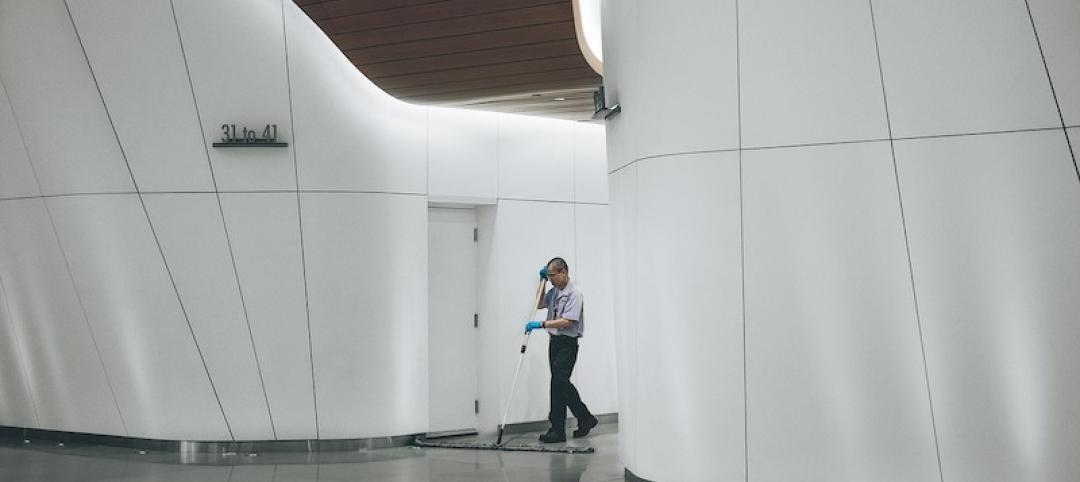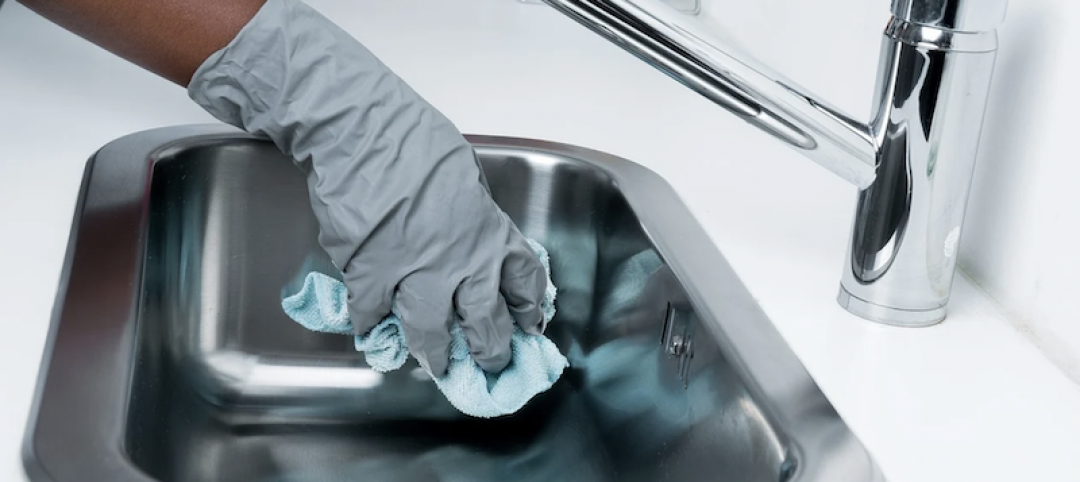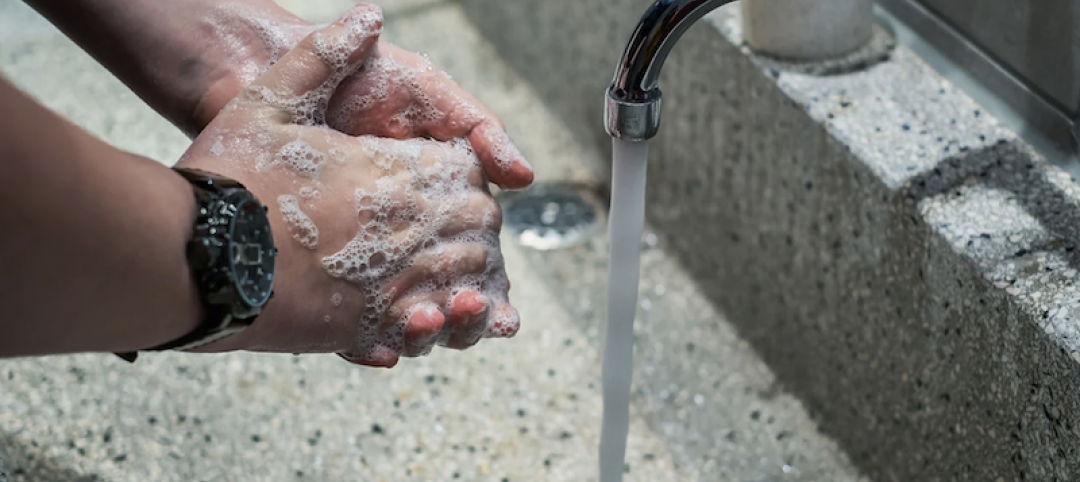A new report by the Union of Concerned Scientists (UCS) pinpoints portions of the U.S. at greatest risk of declining residential and commercial property values, and diminished city and county tax revenue due to flooding attributed to sea level rise.
The areas impacted face worse high tide flooding due to the effects of climate change, UCS says. The findings are the result of peer-reviewed analysis that used ZIP-code-by-ZIP-code data from Zillow Property Data.
The states found to be most at risk of flooding from rising seas are: Delaware, Georgia, Louisiana, Maryland, Massachusetts, New Jersey, New York, North Carolina, South Carolina, Texas, and Virginia. As much as 70% of some municipalities’ property tax bases could be at risk.
The analysis also provides risk assessment according to:
— Number of homes and commercial properties (by state and zip code).
— Current values of properties.
— The amount of money the properties contribute in annual property taxes, which fund schools, roads, and emergency services.
— How many properties could be spared if warming is limited to below 2 degrees Celsius.
— Near- and long-term impact projections, including within the next 30 years.
— Identification of areas where coastal property owners might experience recurring flooding so severe it limits their ability to live or work in these properties.
Related Stories
Codes and Standards | Jun 23, 2020
State lawmakers encouraging transition to heat pumps for building heating
Policies aim to replace gas heaters with electric units.
Codes and Standards | Jun 22, 2020
Natl. Renewable Energy Labs, Cold Climate Research Ctr. team up on extreme weather research
Focus on renewable power, sustainable transportation, energy efficiency, and energy systems integration.
Codes and Standards | Jun 19, 2020
Demand for family rentals expected to jump over next few years
Developers’ focus on single, urban millennials leaves family market underserved.
Codes and Standards | Jun 17, 2020
AIA offers retail and office 3D models for reducing risk of COVID-19 transmission
For modifying stores and offices with 17-point architectural, engineering, and administrative framework.
Codes and Standards | Jun 17, 2020
Santa Fe is second city in the world to achieve LEED v4.1 Gold
New Mexico community gained credits for resilience planning, including public health crises.
Codes and Standards | Jun 15, 2020
NSF International’s Checked by NSF program helps businesses reopen safely
Includes third-party validation of COVID-19 preventive measures.
Codes and Standards | Jun 15, 2020
Workers want policy changes before they return to offices
More office cleaning, work from home opportunities, and staying home when sick among the desired adjustments.
Codes and Standards | Jun 12, 2020
Carbon emission legislation prompts commercial real estate to innovate
Mass timber, augmented reality, and modular construction among the trends.
Codes and Standards | Jun 11, 2020
USGBC offers new pilot credit to address green cleaning and COVID-19
Provides guidance on cleaning and disinfecting buildings using green cleaning best practices.
Codes and Standards | Jun 10, 2020
AIA issues tools for reducing risk of COVID-19 transmission in buildings
Tailored strategies offered for offices, retailers, schools, and senior living facilities.



